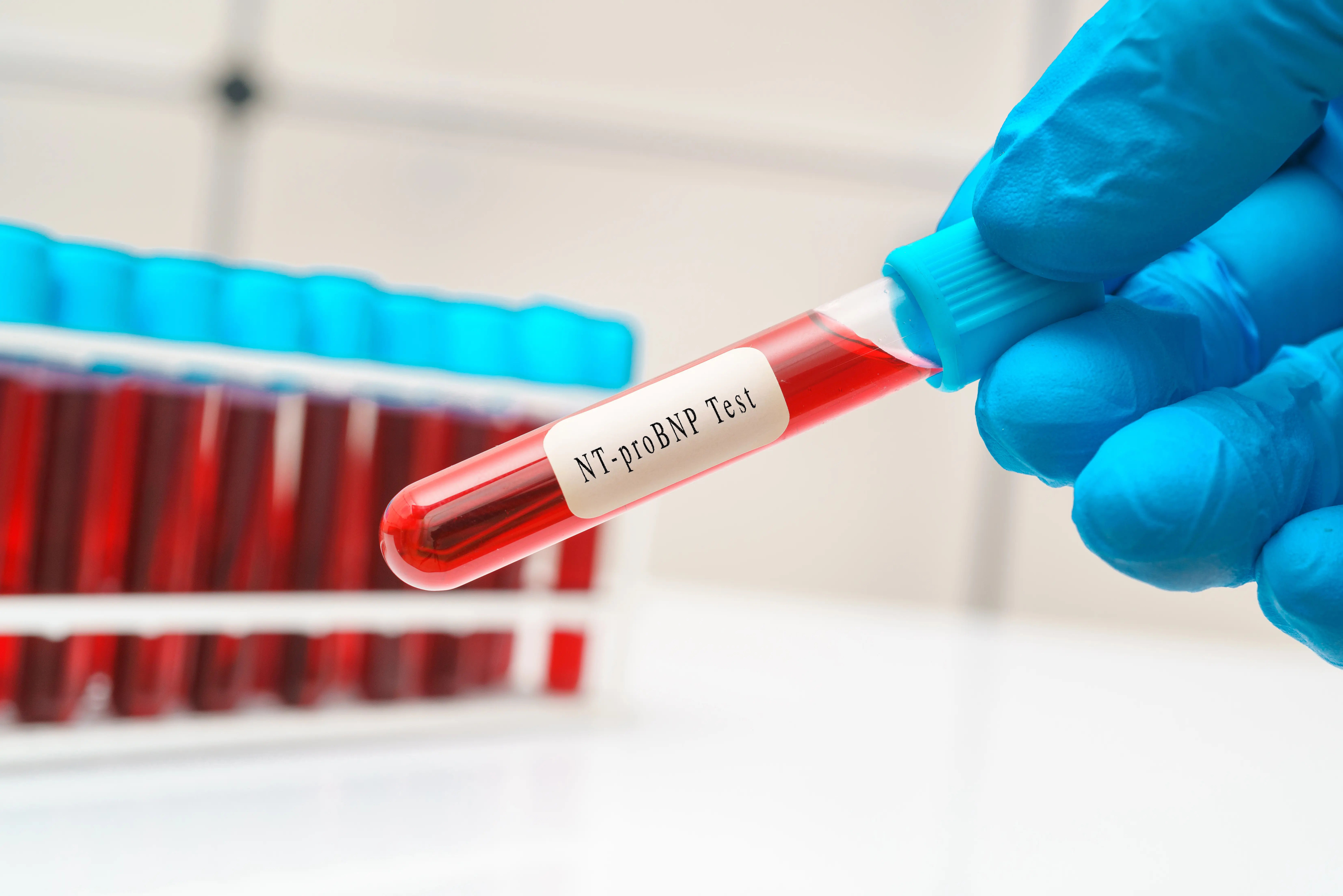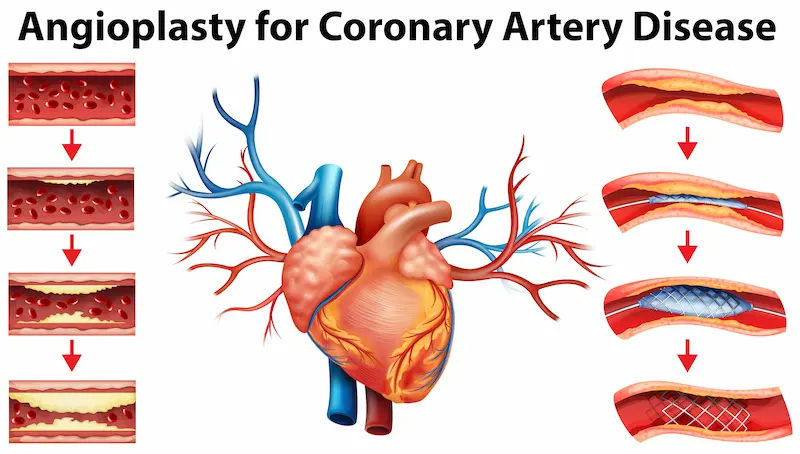- male
- 40 Years
- 29/01/2025
I'm wondering if having a blood pressure reading of 12060 is considered normal or if it might be something I should be concerned about. I've been leading a pretty healthy lifestyle, but should I think about seeing a doctor?
Answered by 1 Apollo Doctors
Your blood pressure reading of 12060 is considered normal and falls within the healthy range. Since you have a healthy lifestyle, there is no immediate cause for concern. However, it's always a good idea to monitor your blood pressure regularly. If you experience any symptoms such as dizziness, headaches, or chest pain, it would be advisable to consult a healthcare professional.
Dr. Dr Khaleel Suggests...
Consult a Cardiologist
Answered 04/07/2025
0
0

More Cardiology Health Queries
View allI'm worried about Ciplar LA 20 and its effects on blood cholesterol levels. If someone were to take Ciplar LA 20 for a long time, could it raise their cholesterol?
Ciplar LA 20 (Propranolol) is a beta-blocker medication commonly used to treat high blood pressure, angina, and certain heart rhythm disorders. It is not known to increase blood cholesterol levels in the body. However, it is important to monitor cholesterol levels regularly, as beta-blockers can sometimes affect lipid metabolism. If someone needs to take Ciplar LA 20 for a long period of time, it is important to follow up with their healthcare provider for regular check-ups and monitoring. The dosage and duration of treatment should be determined by a healthcare professional based on individual needs and response to the medication.
Answered by 1 Apollo Doctors
I'm worried about my blood pressure and want to make sure I'm using the right type of salt. Is rock salt a good option for someone with high blood pressure? And how much salt should I really be consuming each day to stay healthy?
For people with high blood pressure, it is recommended to use iodized salt with reduced sodium content. Rock salt, also known as Himalayan pink salt, is not recommended for individuals with high blood pressure due to its high sodium content. The recommended daily intake of salt for adults is about 5 grams, which is approximately one teaspoon. It is important to monitor your salt intake to help manage high blood pressure.
Answered by 1 Apollo Doctors
Looking for the best doctor in Mumbai who specializes in ASD closure for a 1.9 cm ostium secundum defect via cardiac catheterization, not surgery. Can you recommend specialists experienced in this procedure?
CTVS opinion advise.
Answered by 1 Apollo Doctors
Disclaimer: Answers on Apollo 247 are not intended to replace your doctor advice. Always seek help of a professional doctor in case of an medical emergency or ailment.


_2.webp)


